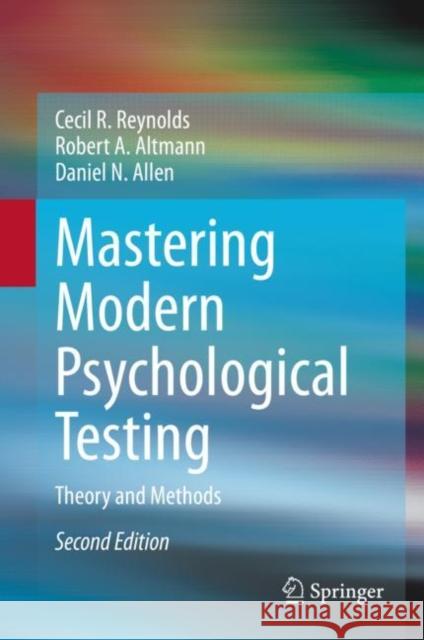Mastering Modern Psychological Testing: Theory and Methods » książka
topmenu
Mastering Modern Psychological Testing: Theory and Methods
ISBN-13: 9783030594541 / Angielski / Twarda / 2021 / 710 str.
Kategorie BISAC:
Wydawca:
Springer
Język:
Angielski
ISBN-13:
9783030594541
Rok wydania:
2021
Wydanie:
2021
Ilość stron:
710
Waga:
1.19 kg
Wymiary:
23.39 x 15.6 x 3.96
Oprawa:
Twarda
Wolumenów:
01
Dodatkowe informacje:
Wydanie ilustrowane











